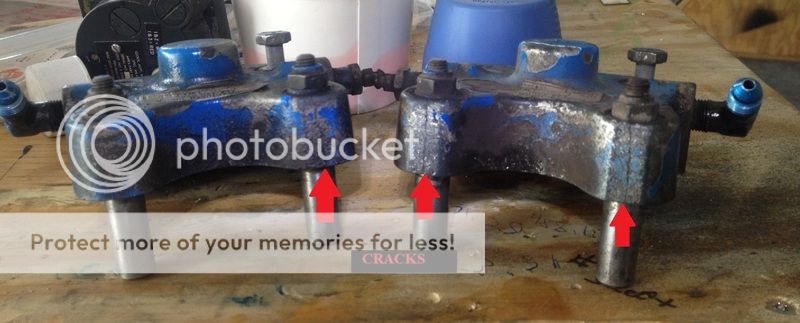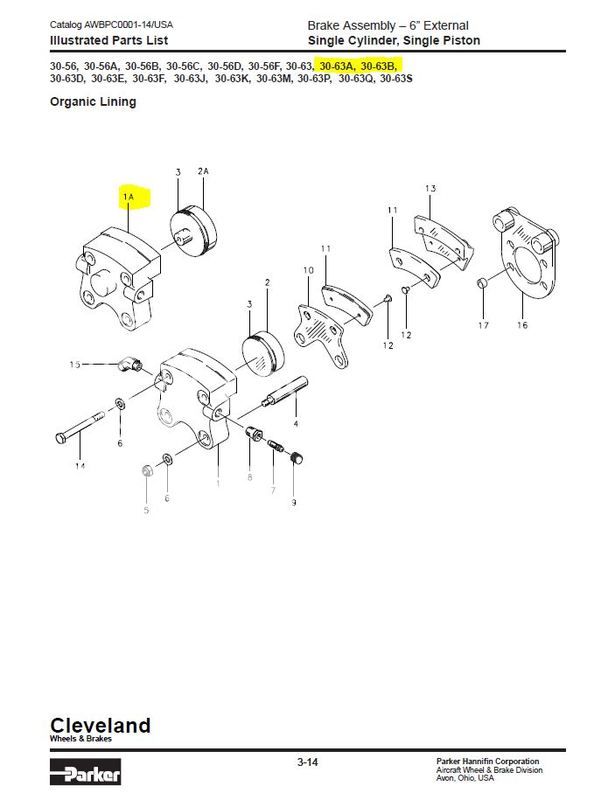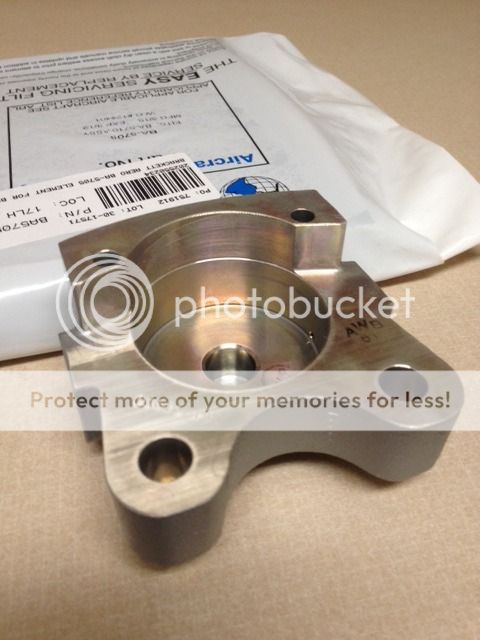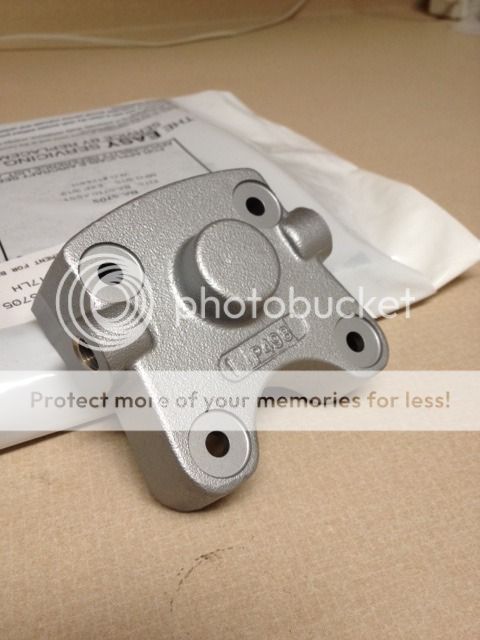It sucks that the conversation dissuaded you... but there is a very real and tangible benefit to NOT buying. Honestly, had I known then what I know now, I wouldn't have bought my plane. The money I spent on the plane and the repairs would have bought me 340 hours renting a nicely equipped 172SP with WAAS GPS and autopilot. My plane does not have an autopilot. Trims nicely, but I can certainly see the appeal of an autopilot for any trips longer than an hour. And if you figure 10 hours a month flying, the delta between renting and owning for me is about 10 dollars an hour in FAVOR of renting. The number skews towards ownership as you get more hours, but the overall cost goes up too.
There's a certain romance that appeals to us when it comes to flying a plane... but there's a very harsh reality that comes into play that many are unprepared for when it comes to buying a plane, despite all of the apparent research and preparation that goes in to making a seemingly wise purchase.




